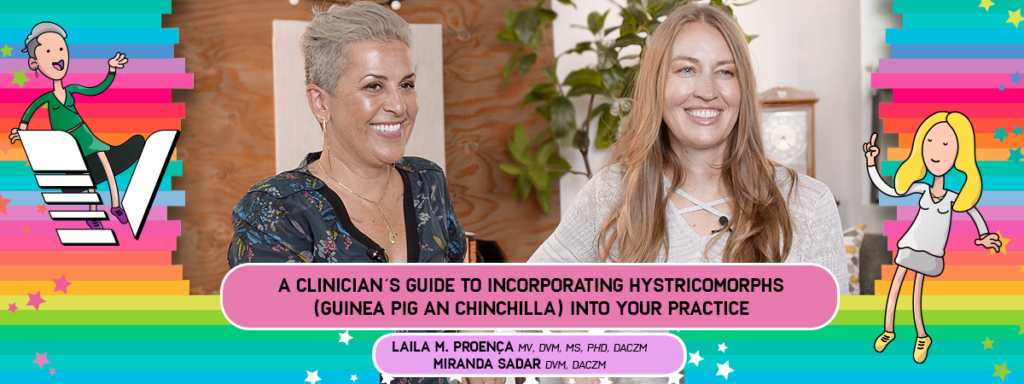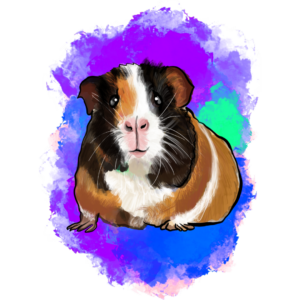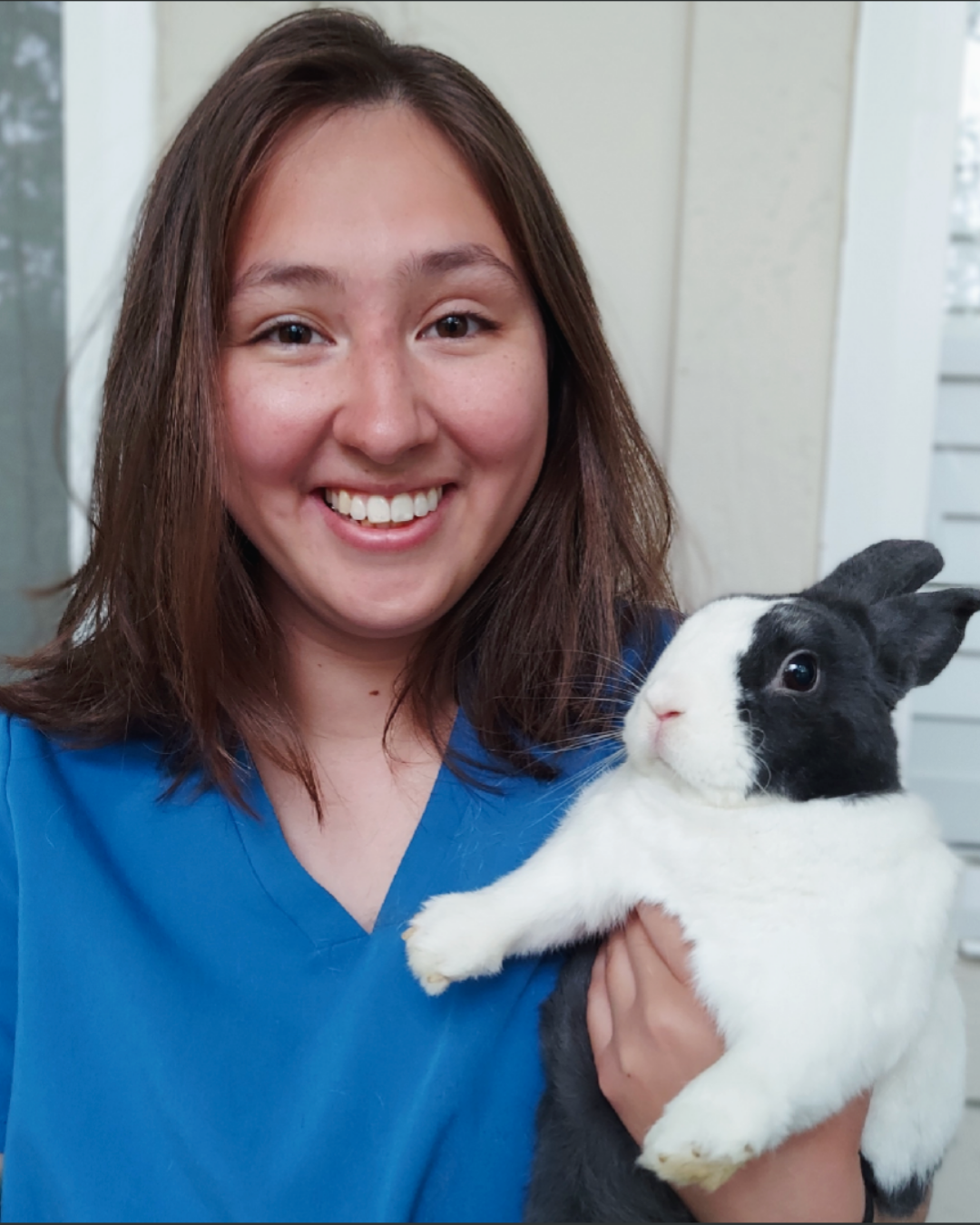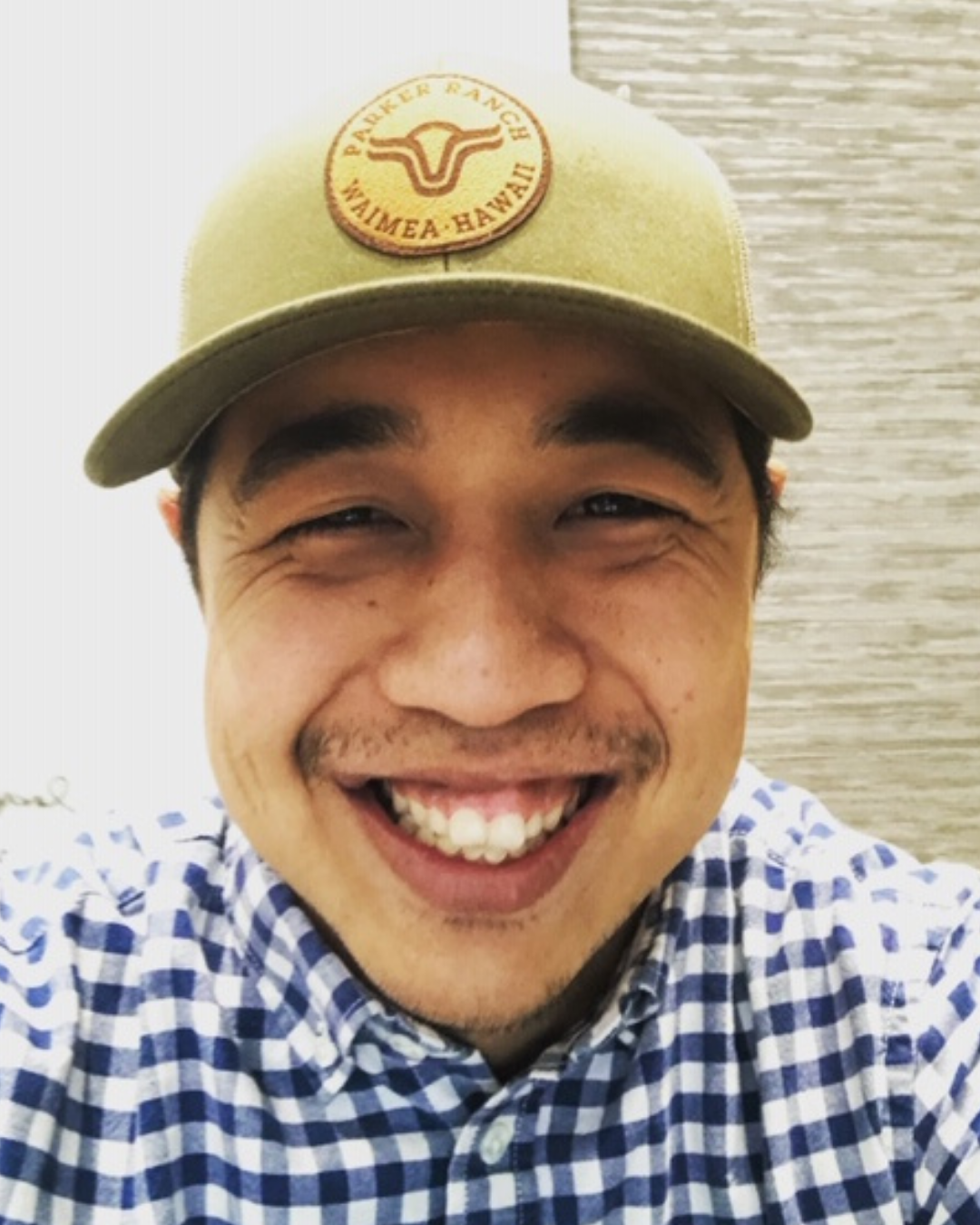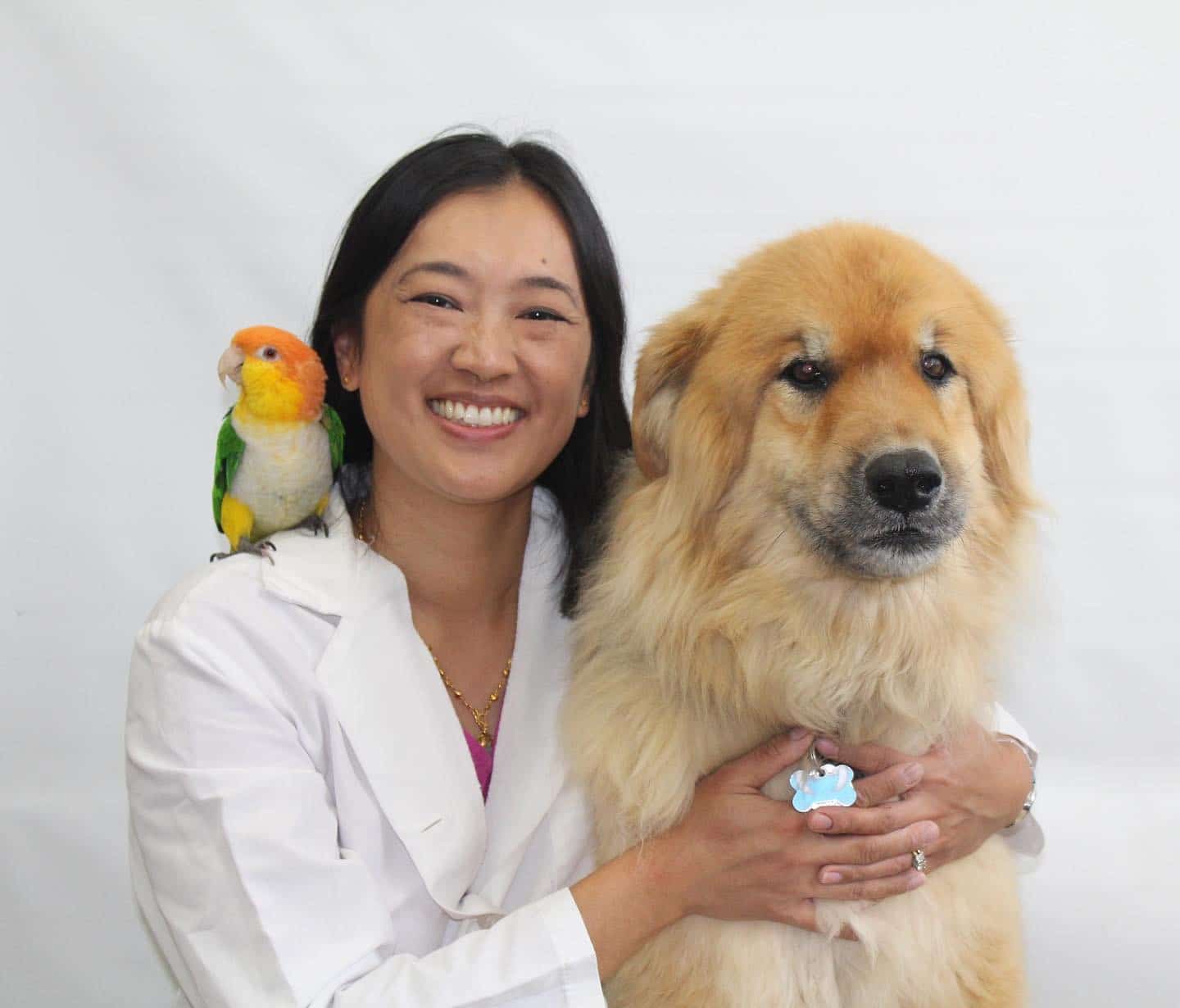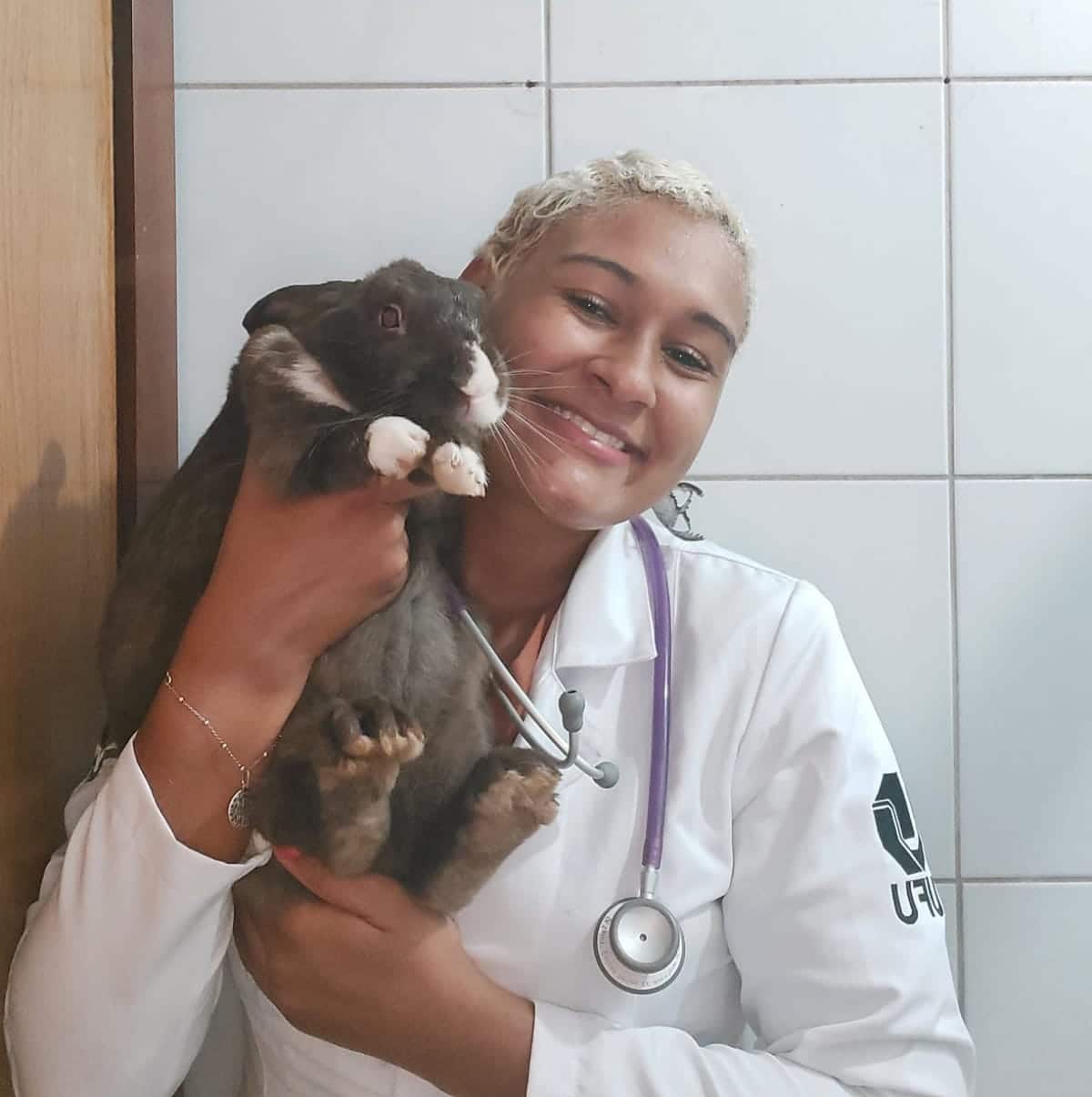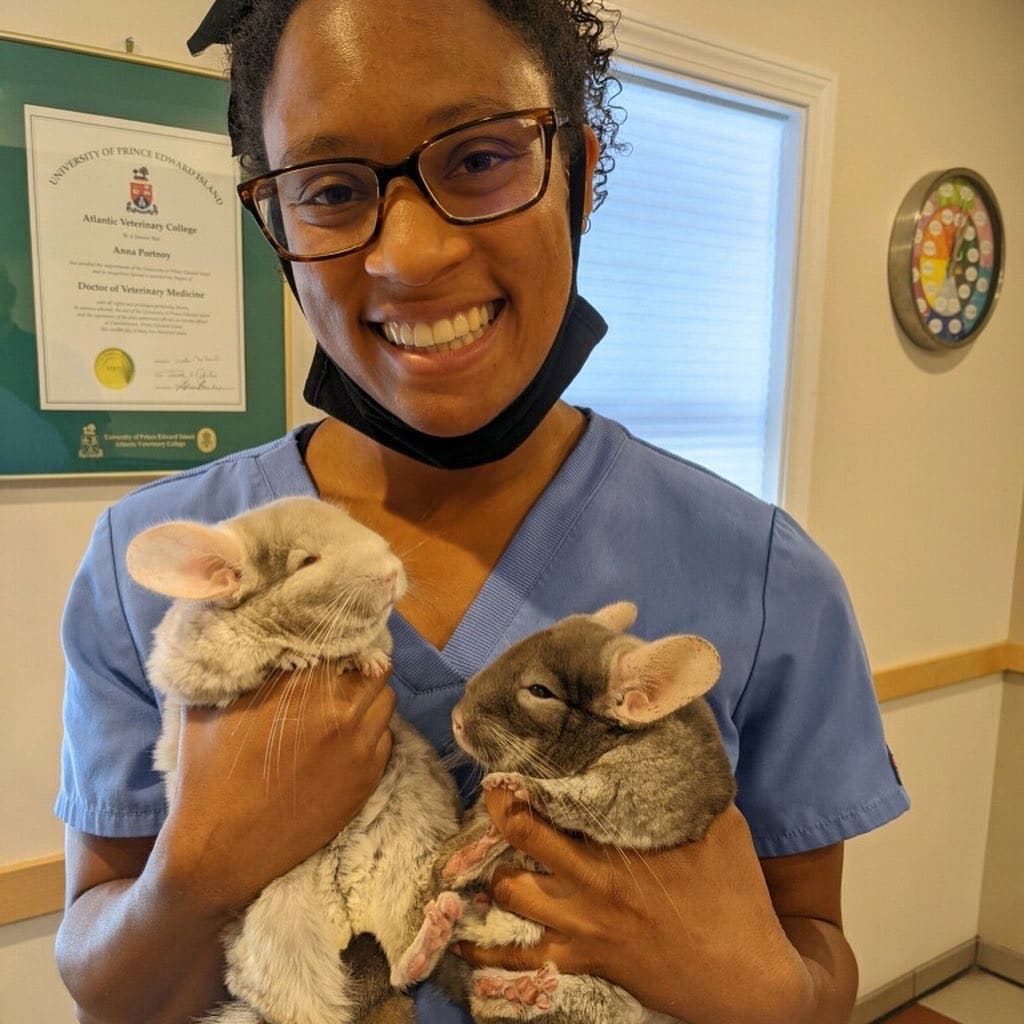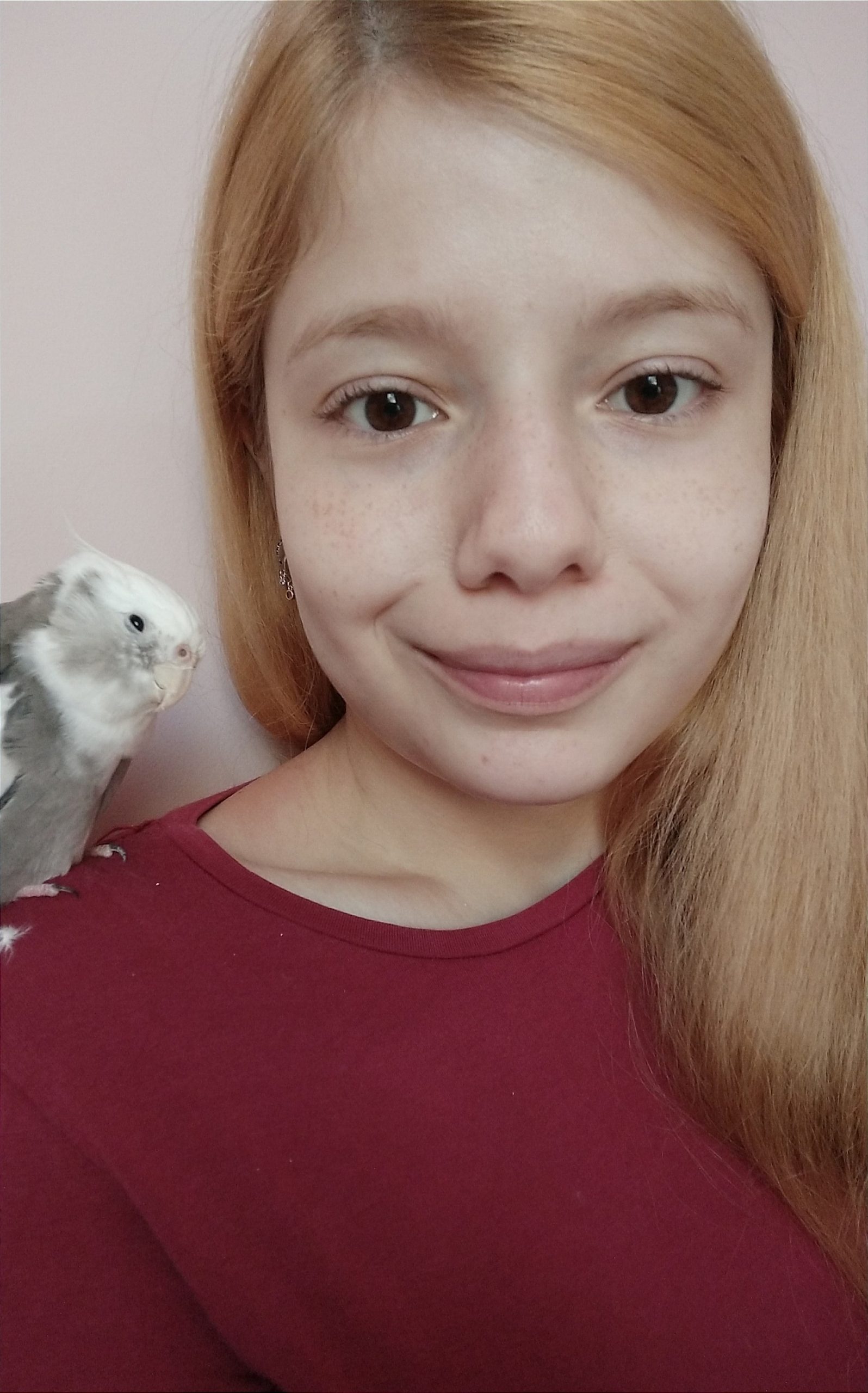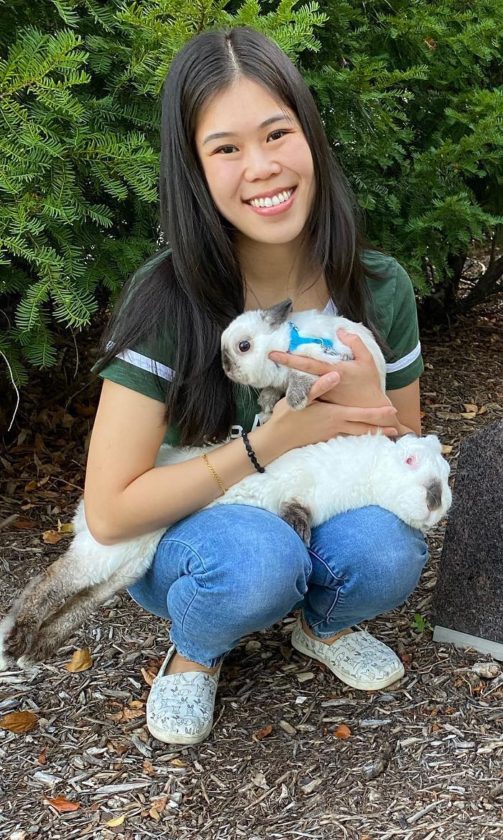
LAILA PROENÇA
MV, DVM, MS, PhD, DACZM
Dr. Laila Proença, a native of Brasília, Brazil, stands out as a preeminent figure in Zoological (exotic) Medicine, holding titles such as MV, MSc, PhD, DVM, DACZM. As the founder and CEO of VETAHEAD and PETAHEAD, she dedicates her expertise to revolutionizing veterinary and pet owner education concerning exotic animals. Her extensive qualifications and her role leading VETAHEAD highlight her commitment to enhancing veterinary care through comprehensive online courses and resources, aiming to close educational gaps in the care of non-traditional pets like birds, reptiles, and small mammals.
Beyond her professional training initiatives, Dr. Proença has also established PETAHEAD to support exotic pet owners directly, providing them with the necessary resources and guidance to ensure the wellbeing of their pets. Her efforts are geared towards empowering both the veterinary community and pet owners, making advanced care practices accessible and advocating for a no-species-left-behind approach. Dr. Proença’s influence extends across the global veterinary field as a speaker and author, inspiring continuous learning and improvement in veterinary care and pet ownership.


